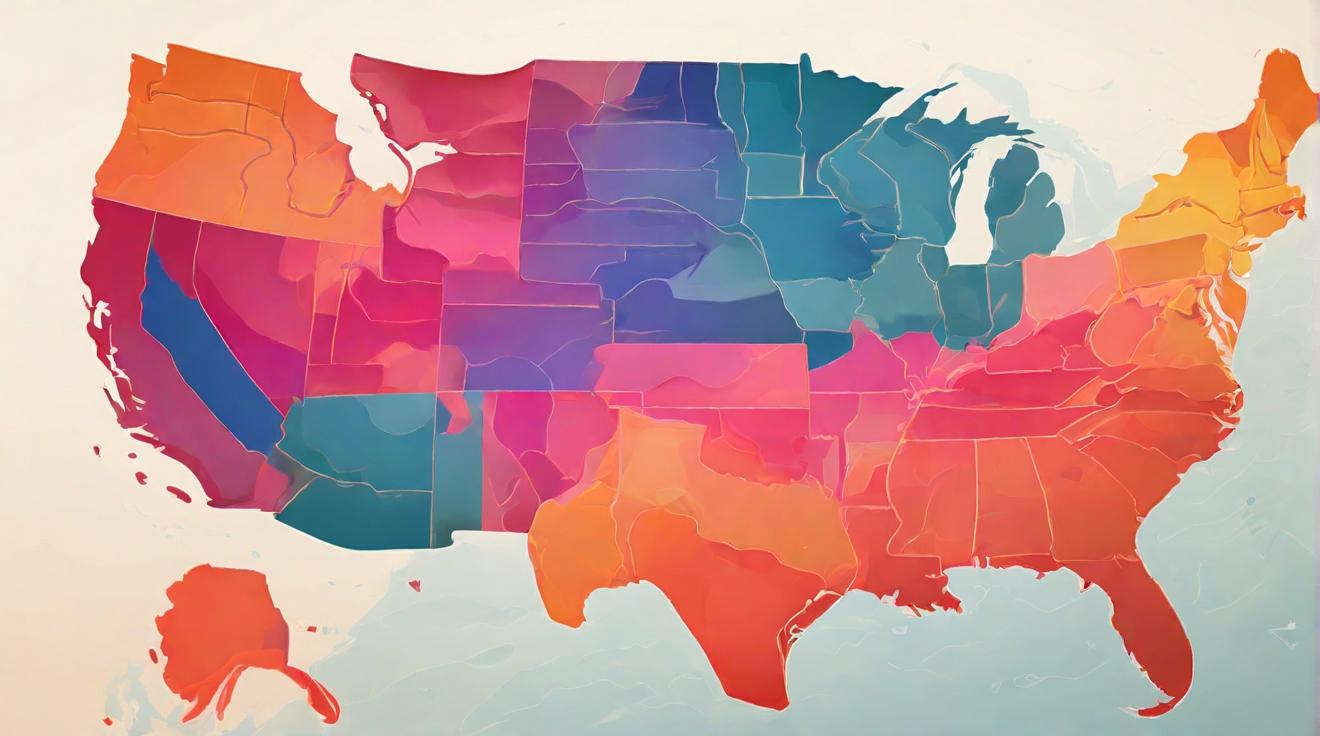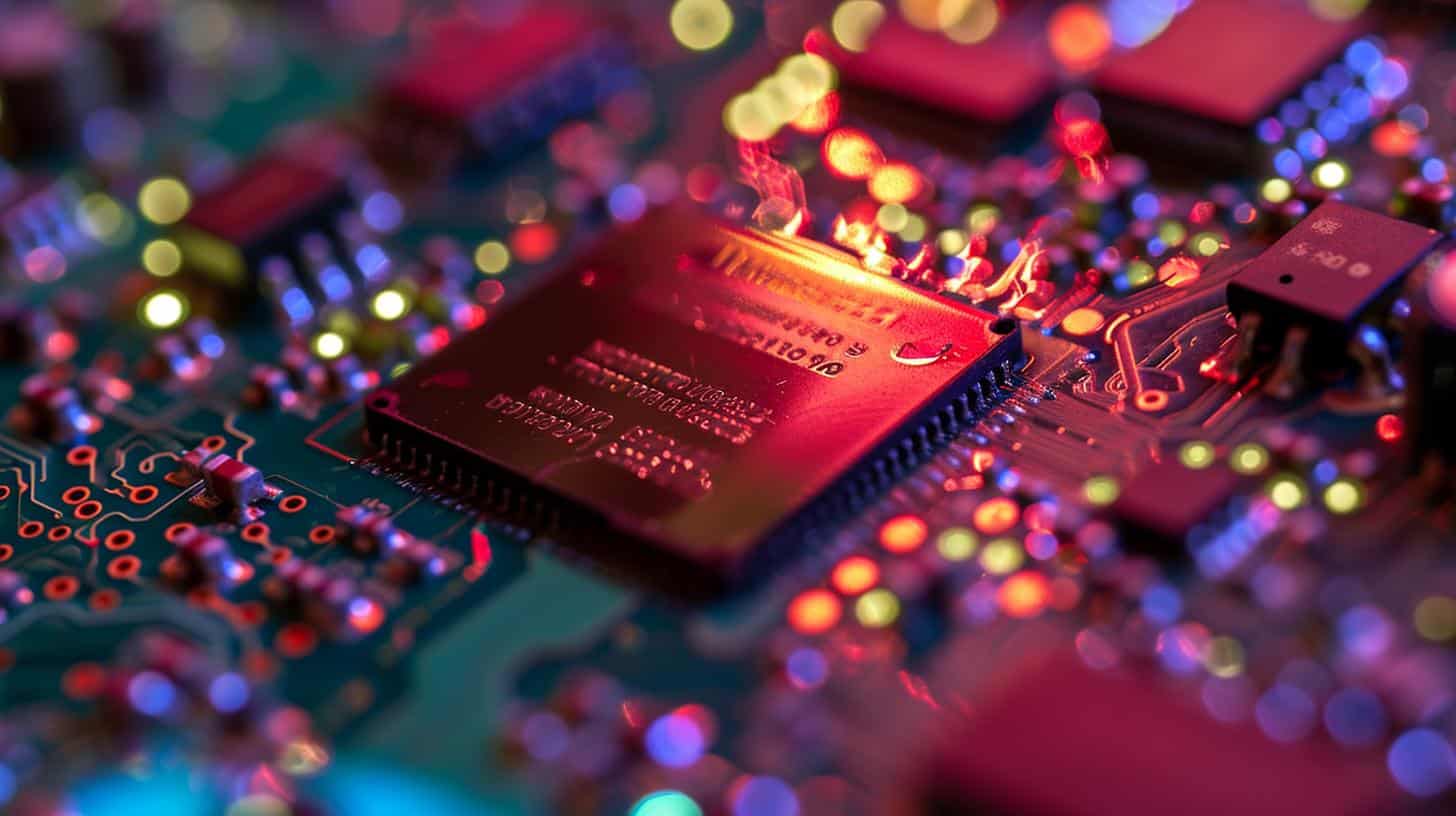Lagos State Government is taking a bold step in the real estate sector by using blockchain technology and Non-Fungible Tokens (NFTs). This new initiative seeks to digitize property records, making transactions smoother and more transparent.
Tokenizing Real Estate
The plan involves tokenizing properties—turning physical assets into digital versions on the blockchain. Think of it as creating a detailed digital copy of a property, complete with ownership details and transaction history. Because blockchain is immutable (it can't be altered) and decentralized, it's a secure way to store this information. This could help cut down on fraud and reduce the bureaucracy that often slows down property transactions.
Building on Past Efforts
This isn't Lagos State's first move toward digitization. Back in 2022, the state started digitizing all land records to make it easier for everyone, from local buyers to international investors, to get property information. They've also been developing a system called E-GIS to share property data across different platforms. These efforts are paving the way for using blockchain and NFTs in real estate, promising a more reliable and transparent system.
Benefits for Residents
For people living in Lagos, this could mean a lot of positive changes. One big benefit is transparency. With property details on a public blockchain, anyone can verify ownership and property values easily. This reduces the chance of scams and builds trust between buyers, sellers, and investors.
The process of buying and selling property could also become much quicker. Smart contracts—automatic contracts where the terms are written in code—could handle things like verifying documents and transferring payments. This automation could cut down the time and cost involved in traditional property deals.
Access to Financing
Another advantage is better access to loans. With clear property records, banks can more easily assess risks, leading to more lending opportunities and potentially higher homeownership rates, which could boost the local economy.
A Precedent for Others
Even though using blockchain and NFTs in real estate is a new idea, Lagos State's approach could inspire other regions in Nigeria and beyond. It's important to keep an eye on how this project unfolds to see its effect on the market and tackle any issues that arise.
Learning from Experience
Lagos State is no stranger to tech innovation in governance. Previously, they've worked with Syspro, a tech solutions company, on projects to improve services. The knowledge gained here will be crucial for the success of this blockchain and NFT initiative.
Engaging Stakeholders
As this project moves forward, it's vital for the government to work closely with property owners, developers, and legal experts to ensure the initiative meets the real estate ecosystem's needs. With thoughtful execution, Lagos State could become a world leader in real estate technology.













